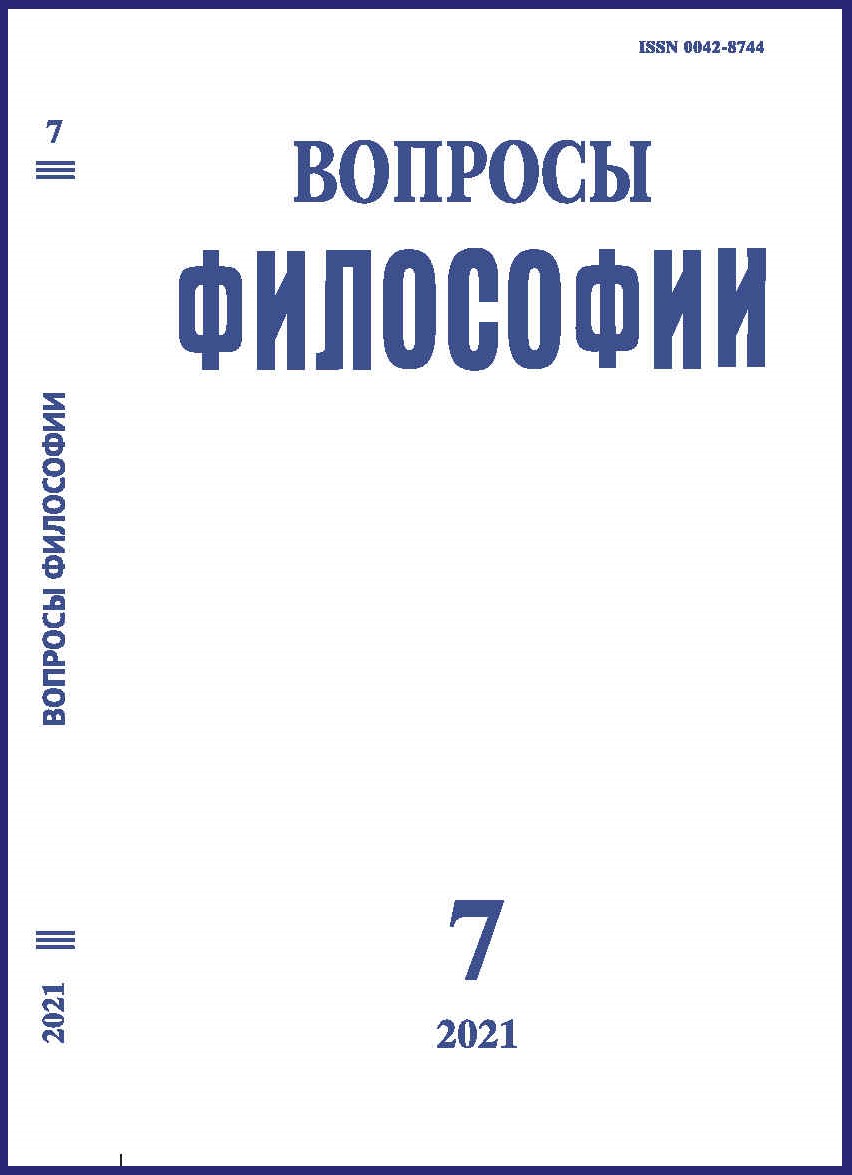Lukács and Dostoevsky: Reading Dostoevsky as a Milestone on the Road to Bolshevism
DOI:
https://doi.org/10.21146/0042-8744-2021-7-38-49Keywords:
Lukács, Dostoevsky, Bolshevism, communism, revolution, morality, terrorism, revolutionary ethics, philosophy of lifeAbstract
The article is devoted to the influence of the interpretation of the works of the great Russian writer F.M. Dostoevsky on early Lukacs in the pre-revolutionary years. Reading Dostoevsky’s works played an important role in his transition to the position of Bolshevism. The early Lukacs emphasized that Dostoevsky instructed his atheist heroes to express their real position. Through the prism of these heroes, he interpreted the problem of revolutionary terrorism, drawing on the works of B. Savinkov. The early Lukacs also saw the greatness of Dostoevsky in the fact that he was the first in world literature to turn to the “reality of the soul”, began to describe it, while ordinary external life (social ties, social status, etc.), although generated by the soul, is secondary and insignificant. These ideas of the early Lukacs are a kind of precursor to his future Marxist ideas of reification and alienation. The early Lukacs vehemently denies inauthentic ordinary life, but this denial is still metaphysically existential. After his “leap” into a new faith, Lukacs interprets what he previously understood as “inauthentic life” through the prism of early Marx, dialectically and socially-historically, through the categories of “reification”, the socialist revolution, and the proletariat as a privileged subject-object of world history. For Lukacs, the Marxist, the true reality will no longer be the individual soul, but the social totality and practice. However, it is characteristic that Lukacs’ path to unconditional acceptance of the philosophy of Marxism and Bolshevism lay, among other things, through his fascination with the work of Dostoevsky

